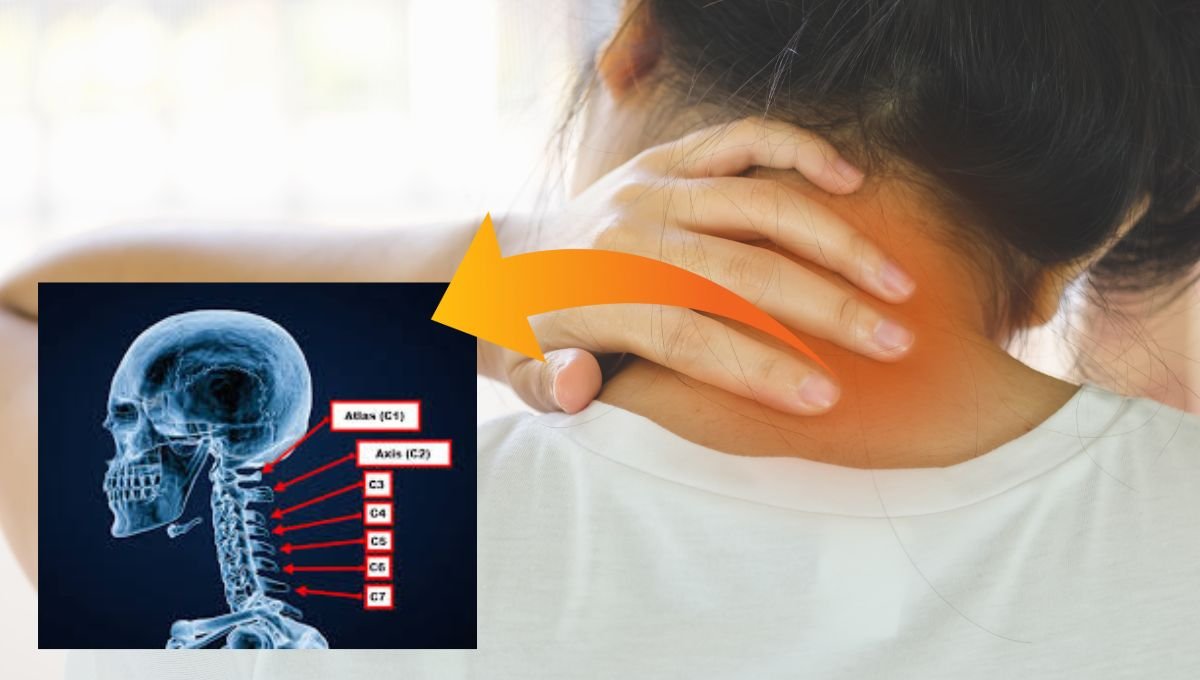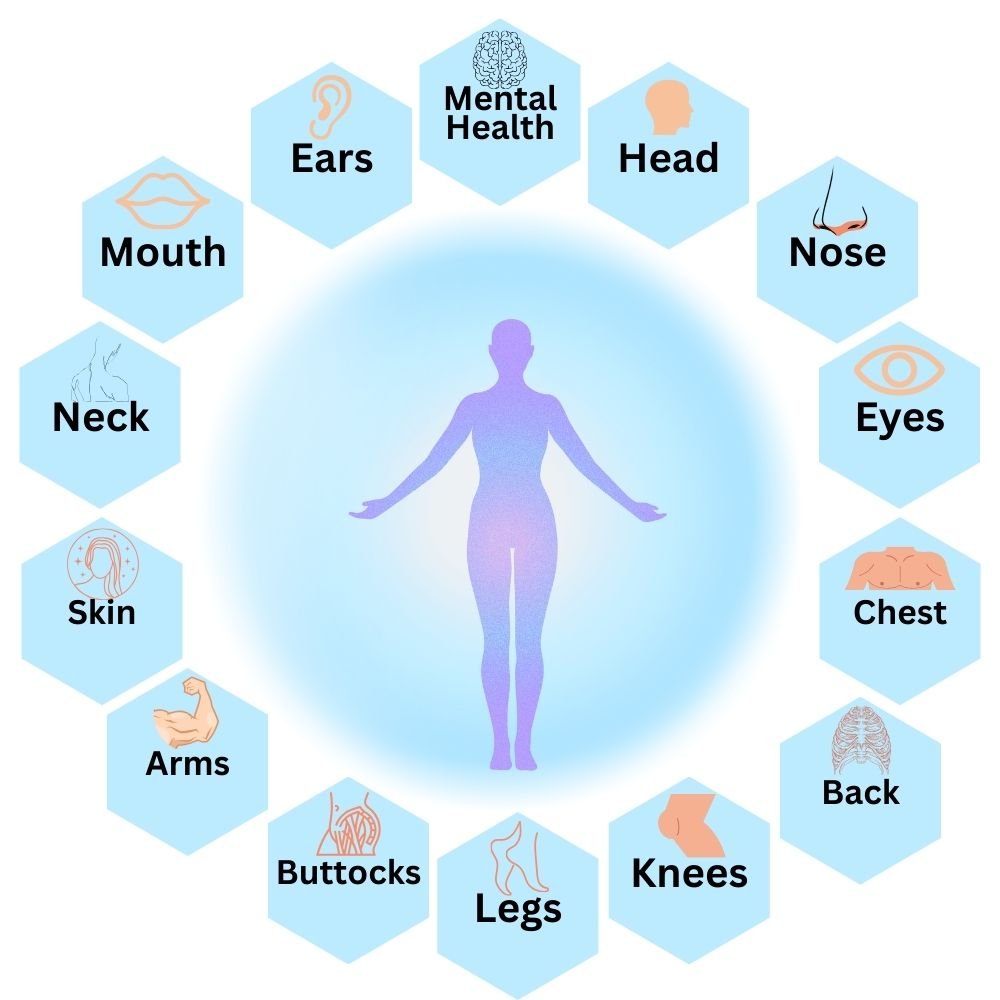Neck pain is a prevalent ailment that can significantly impair one’s quality of life. Whether stemming from poor posture, muscle strain, injury, or underlying health conditions, neck pain can cause discomfort and limit mobility. Understanding the reasons behind neck pain, appropriate treatment methods, diagnostic tests, and preventive measures is crucial for managing and alleviating this common condition effectively.
Post Views: 32










